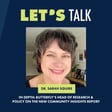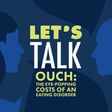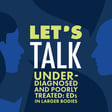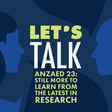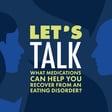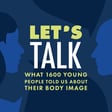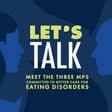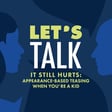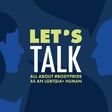
In Depth with Worimi Woman, Dr. Liz Dale
Liz Dale is a Worimi Woman and Doctor of Psychology whose work involves Aboriginal and Torres Strait Islander people’s lived experience of eating disorders and body image concerns, as well as Aboriginal approaches to wellness and care.
A holistic approach is becoming increasingly accepted as key to ongoing recovery. However, many of us steeped in Western European treatment models are still figuring out what a holistic approach might actually mean.
Dr. Dale believes that understanding and appreciating an Indigenous worldview can help. “Aboriginal ways of knowing, being and doing can enhance the mainstream treatment sector,” she says.
To Aboriginal and Torres Strait Islander people, good health as more than merely the absence of disease, and social and emotional wellbeing is the foundation of both physical and mental health. A person’s whole life is involved: their physical, social, emotional, cultural, and spiritual well-being, as well as their connection to Country and community.
“Australia is a very individualistic society,” says Dr. Dale. “That’s a huge contrast to Aboriginal culture, which is entirely collectivist. Our sense of self is inseparable from and embedded within our family and the members of our community. It’s connected to the Country that we’re from, and within that Country, we have access to all the knowledge that we need to understand how to live.”
The problem is that, currently, Aboriginal and Torres Strait Islander people are up to three times more likely to experience mental health conditions and eating disorders than their non-Aboriginal peers.
Dr Dale spent time with host Sam Ikin in this episode of Let's Talk in Depth to review why this is true, as well as how culture and community can support any person at risk.
See omnystudio.com/listener for privacy information.




